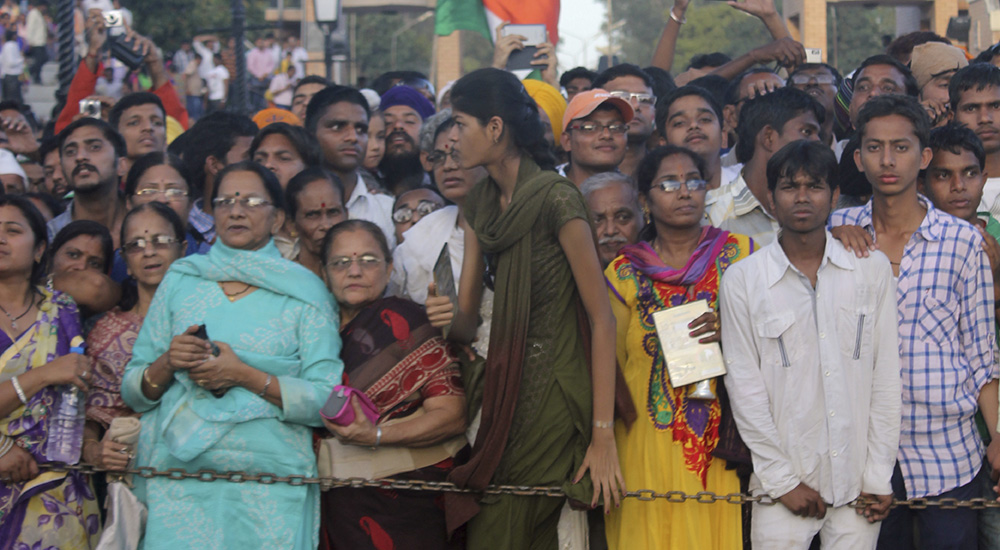
The Commonwealth, which hopes to bring nations together, has unwittingly become the catalyst behind the latest flare-up in relations between South Asia’s regional powers.
The Commonwealth parliamentary conference was cancelled by Pakistan a month before it was due to open in Islamabad in late September, after Delhi demanded that legislators from Indian-administered Kashmir be included. The Commonwealth Parliamentary Association said the decision was taken ‘because of the host branch’s (Pakistan’s) inability to invite one of the CPA’s eligible branch members (Jammu and Kashmir branch) to the conference, and the need to uphold the CPA constitution’.
Pakistan does not recognise the Indian state government of the disputed territory, which has been a flashpoint for six decades and the cause of two wars. Delhi accuses Islamabad of using proxies such as the Islamist terror group Lashkar-e-Taiba to wage war on Indian Kashmir.
The 2003 ceasefire has been fragile and the border dispute, one of the world’s oldest and still monitored by the UN’s second-oldest peacekeeping mission, continues to fester. However, hopes began to rise that a re-ordering of the region’s geopolitics could be possible, after India’s Narendra Modi accepted an invitation from Nawaz Sharif to visit Pakistan, groundbreaking talks were held between Kabul, Islamabad and the Taliban, and an accord was reached to exchange enclaves along the Indo-Pakistan frontier. But then clashes broke out in July and continued into August, with shelling by both armies, and exchanges of small-arms and mortar fire. Neither side could agree on the terms of talks between national security advisers. The 50th anniversary of the 1965 war on 28 August was marked by the death of at least nine more civilians with scores wounded, Deutsche Welle reported.
With both countries blaming each other for the renewed hostilities, as the Hindustan Times reported, there is a bleak sense that yet another chance of peace is slipping away. Writing for the BBC, Harsh V Pant, professor of international relations at King’s College London, said it appeared that both sides were provoking each other to scupper the talks, and many Indians believed that the Modi government ‘appears to have recognised from the very beginning that a quest for durable peace with Pakistan is a non-starter’. As the headline of his article wondered: are India-Pakistan talks jinxed?



